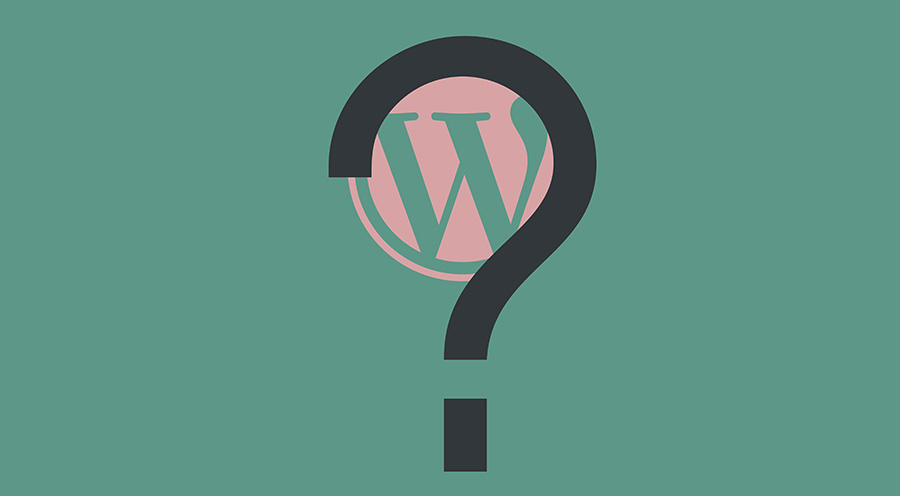Welcome to our WordPress series!
We’ve put this together to help you wrap your head around the most popular method of managing a website. From the basics of understanding what WordPress is and whether you should use it, to some canny tips for picking out potential WordPress web agencies, we’ve got you covered on a whole host of helpful info. We’ll keep updating this series with new posts, so don’t forget to come back and check for more.
WHY IS WORDPRESS IMPORTANT?
WordPress is behind a whole lot of internet activity. According to wordpress.org, it helps to power 33% of the web. Considering there are 1,477,803,927 (that’s 1.4 billion) websites in existence as I write this, that’s an outrageous amount powered by WordPress.
WHAT IS WORDPRESS AND WHAT DOES IT DO?
WordPress is a content management system (CMS). Content management systems allow you to change or edit the content of a website without touching much code. Depending on how the system has been set up, you may not need to interact with any code at all.
OK, SO WHY USE A CONTENT MANAGEMENT SYSTEM?
Before content management systems existed, the only way you could create, manage and edit a website was by rolling up your sleeves and getting elbow deep in code. As you can imagine, this posed a bit of a problem for business owners, executives, hobbyists, and a whole bunch of other people who needed a website but didn’t have time to learn how to code one from scratch.
Sure, a web designer or agency could make a website for you, but then even updating simple content meant going straight back to that web designer or agency to do it for you. Which of course costed more money.
This is what makes content management systems so great. Once your website has been set up, you can add and edit text and images, or make new pages within your website, without having to update the code itself – meaning no expensive hand-holding.
Even for experienced web developers, being able to manage website content in big batches is extremely useful. Imagine you’re running a large directory website and need to update one small piece of content, but across hundreds of items or pages. Traditionally, this may have meant trawling through hundreds of web documents and updating each instance of that content by hand. Content management systems can make tasks like this far easier.
By the way – we’re not affiliated with WordPress in any way. It’s just often the best fit for building our clients’ websites. If you’d like to talk to us about building your website, get in touch.
Read our next post in the series to learn about the basic anatomy of a WordPress website.
